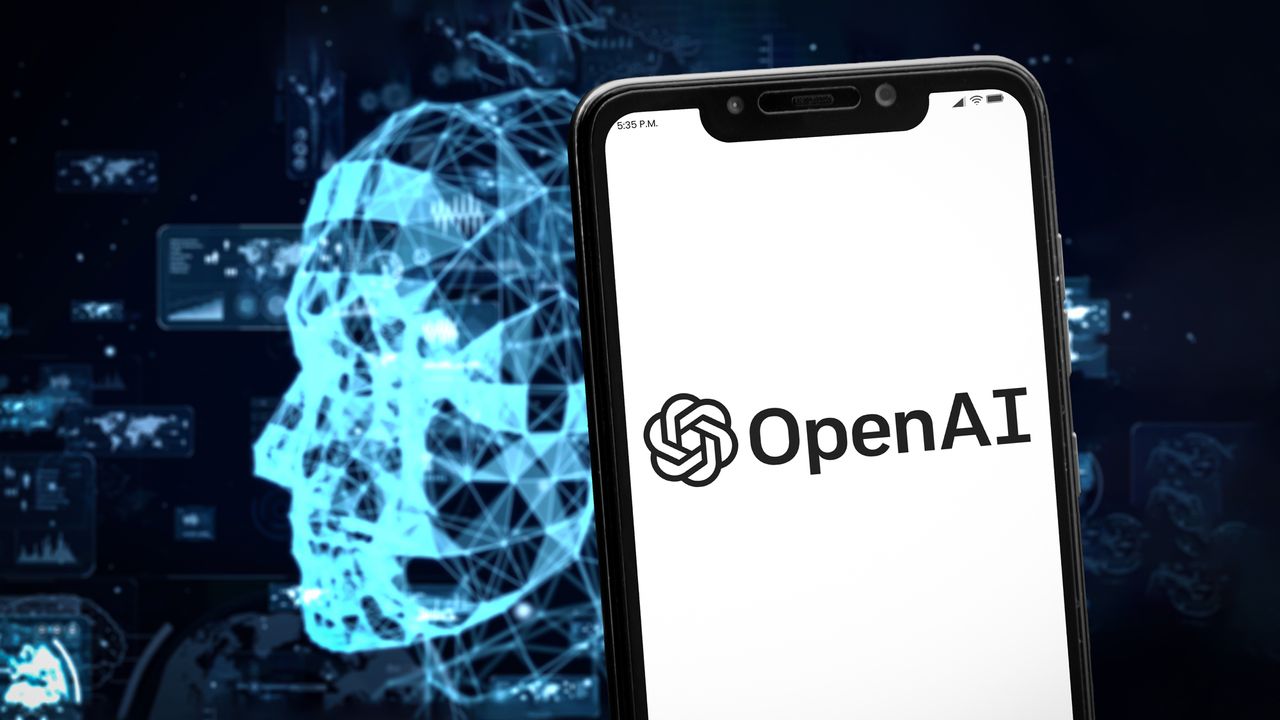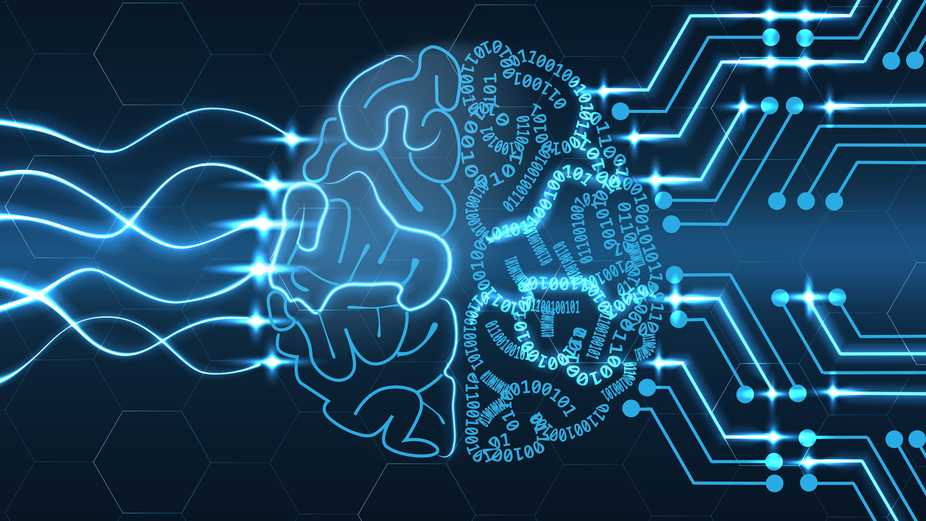
Less than two weeks after ChatGPT-5 launched with a rocky rollout, OpenAI CEO Sam Altman is already offering a sneak peek into what’s next for the company. This time, it's not about more power, but persistence.
CNBC recently reported that the next model (GPT‑6) will feature greater memory capabilities designed to make interactions feel more personalized, consistent and human-like.
“People want models that remember things over time,” he said during a recent event, underscoring a shift in how AI will become more of a trusted companion that won't quickly forget user conversations. In other words, this next generation is being built for long-term connection.
What this memory update means for AI users

GPT‑5 introduced better reasoning and token flexibility, but if you've used it for any length of time, you've proabably noticed that every new interaction feels disconnected. GPT‑6’s memory feature aims to change that by:
- Learning your personal preferences: Whether you favor concise answers or detailed breakdowns, GPT‑6 could adapt over time.
- Recognizing your voice and tone: It can maintain consistency in longer conversations or recurring projects.
- Evolving with you: From adjusting explanations to your learning pace to picking up where you left off in multi-step tasks, it’s all about continuity.
Why memory is the future of AI

When AI remembers past conversations, preferred formats, tone of voice or even specific long-term goals, it moves from being a clever chatbot to something more meaningful.
This shift fosters trust and deepens usability. You’ll spend less time repeating yourself and more time building on what’s already been said. It can pick up where you left off, adapt to your evolving needs, and even anticipate the kinds of answers or insights you’re looking for.
Crucially, memory unlocks adaptability, which OpenAI CEO Sam Altman says is more important than just raw processing power. The smartest assistant in the world isn’t helpful if it can’t remember what you asked yesterday or how you prefer your information delivered.
In the race toward more human-like interaction, memory is the foundation of AI assistance.
Privacy remains a top concern

Altman hasn’t been shy about the risks. Long-term memory could offer convenience, but it also raises red flags about privacy and data misuse. Users want an AI that adapts to them, but it can add extra layers of both ethical and safety considerations.
Any practical rollout of memory features will need clear user controls, transparent storage policies and security protection mechanisms. Without this care, the promise of connection could tilt into discomfort or surveillance.
Bottom line
While we don't know when GPT-6 will launch, the promise of greater memory could change the game forever. Today, AI forgets, keeping you in control. But GPT‑6's potential to remember could transform our relationship with technology entirely, turning it into a truly personal assistant. If done ethically, this could be one of AI’s most human steps yet.
Follow Tom's Guide on Google News to get our up-to-date news, how-tos, and reviews in your feeds. Make sure to click the Follow button.







